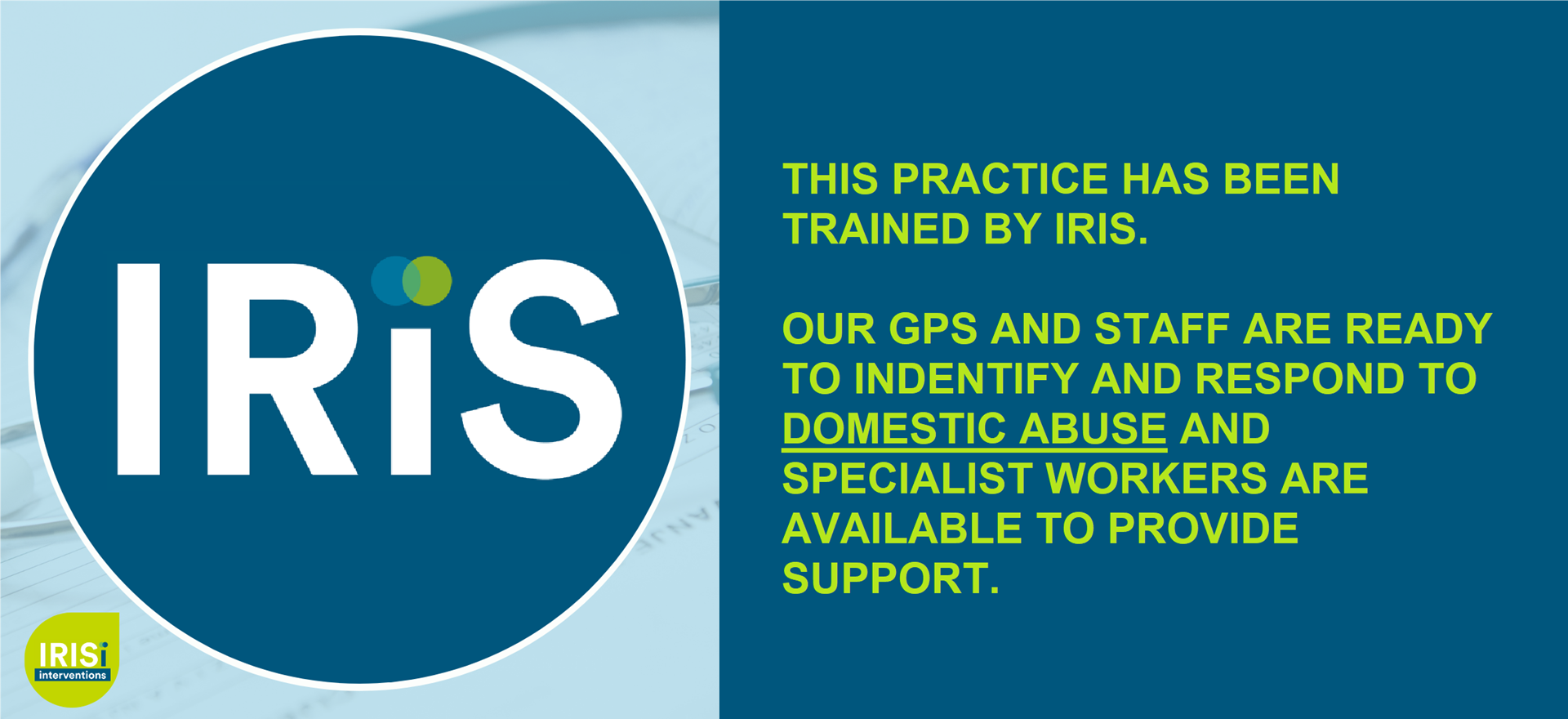What can you do ?
What can you do to be more be more sustainable?
As well as the things we are doing as a practice to be more sustainable, we are also encouraging patients to be more sustainable. Below are some ideas of small, often health related, changes you can make which can help the environment, and which can often save you money too.
If you have other ideas about what we can do as a practice to be more sustainable please let us know. Likewise if you’ve thoughts on what patients can do more or less of to help the environment we would love to hear from you. We are looking for more patients to join our Patient Participation Group meetings where sustainability will be part of our agenda. If you would be interested in joining Partnership Primray Care Centre Patient Participation Group – please email us on nclicb.ppg.ppcc@nhs.net
Using sustainable transport
- Walk or cycle to the Practice for your appointments where possible – we have plenty of cycle racks here that you are welcome to use.
- Use public transport where possible – to get to your appointments at the practice or elsewhere check the TFL website for best routes. https://tfl.gov.uk/plan-a-journey/)
- Think about using the train instead of driving places and reducing the amount of flying you do.
Reducing the use of paper
- You can find a great deal of information on our website – whether you want to know about how to register, make appointments online and about our different clinics or services.
- We are also starting to encourage patients to use online forms, rather than paper based forms, our online forms are super simple to you use and Patient Services can also help you fill them out if needed.
Reducing prescribing
Where possible, the Practice is reducing polypharmacy and over prescribing. We will only reduce medications in the best interest of and in discussion with patients and may also be able to promote other ways you can help manage your condition, for example through diet, exercise and support groups. Using other forms of support can help reduce the need for, or the amount of, medication prescribed – which is good for you and good for the planet.
Diet
Diet is an important part of our health, and the foods we eat also have an impact on our environment. Eating a healthy diet can be difficult to manage, particularly if food is expensive. A national charity collecting food surplus from supermarkets etc to distribute to those in need, Fareshare .
It is important to discuss with a health professional, if you are thinking about making major changes to your diet. See more information the NHS eat well guide .
The Plant based health professionals also have information on diets which are more plant based.
Healthy Diet and Plant based living
What is the best diet for health? A diet which is predominantly wholefood plant-based, i.e. which consists of fruits, vegetables, legumes, nuts, grains and seeds, and not including processed or red meat, can certainly be best for our health, as well as the health of the planet. Such diets when well-planned are suitable for all stages of life and reduce risks of diabetes, cardiovascular disease and most cancers. Eating wholefoods rather than heavily processed foods and animal products can save you money and also helps the environment. See more information on the British Dietician’s Association website: www.bda.uk.com/resource/vegetarian-vegan-plant-based-diet.htmland useful resources can be found the plant based health professionals website plantbasedhealthprofessionals.com/free-resources . (If you are thinking of making major changes to your diet it is important to make sure you are supplementing with vitamin D and B12 where appropriate and seek advice from a healthcare professional if needed.)
Eating a healthy diet can be difficult to manage, particularly if food is expensive. A national charity collecting food surplus from supermarkets etc to distribute to those in need fareshare.org.uk/.
It’s important to discuss with a health professional if you are thinking about making major changes to your diet. See more information on the NHS eat well guide www.nhs.uk/live-well/eat-well/. The plant based health professionals also have information on diets which are more plant based plantbasedhealthprofessionals.com/free-resources.
Page created: 27 July 2021
